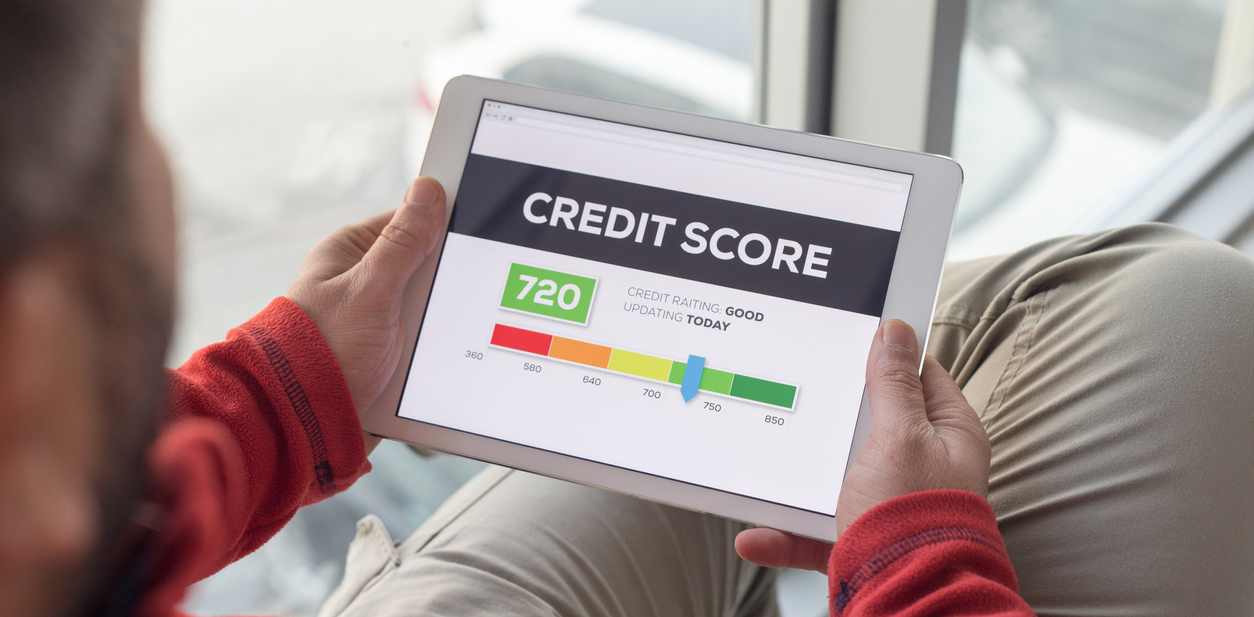Refinancing your car loan can free up some cash, but can you qualify without a job?
When you’re unemployed, money can be pretty tight. The income well dries up, but your expenses don’t go away. That can lead to an overwhelming amount of financial stress.
People often try to reduce their monthly expenses by refinancing their car loan.
Monthly interest payments can be pretty hefty, especially if you took out a loan when interest rates were high. If interest rates have declined, it’s worth seeing if you can get a better loan with a lower interest rate.
But you’re probably wondering, “Wait, don’t I need a job to get an auto loan?”
Not necessarily — but you need to prove that you can make loan payments over the life of the loan.
Can I Get an Auto Refinance Loan While on Unemployment?
If you’re solely relying on unemployment compensation to get by, it’s highly unlikely (at least from a traditional lender). Unless you have other factors to make up for it.
Why? Because unemployment benefits are temporary — most states allow for six months of unemployment compensation. That’s not long enough to last the life of a refinance loan. Lenders want to see that borrowers can afford to make loan payments over the auto loan term, which is usually two to eight years.
Unemployment checks can be helpful and keep you afloat while you look for a job. But they aren’t a viable source of income when it comes to getting a loan.
You’re not out of options though.
Before we go any further, let’s review lenders’ basic auto loan refinance requirements for some context. Note that these requirements are based on RateGenius’s lender network.
What Are the Basic Requirements to Qualify for Refinancing?
Everyone’s financial situation is unique. Some people have good credit scores — but have a bunch of existing debt. Others have bad credit scores — but maintain decent debt-to-income ratios (DTI).
Regardless of your situation, there are a few basic factors and requirements to consider before you try to refinance your car loan.
Your car
As you can guess, your lender will want to know the age and condition of your car. Our lending network typically requires vehicles to be less than 12 years old and have less than 125,000 miles.
On top of that, whether you have a newish car or used car, it must be for personal use.
Your loan
Although it will vary from lender to lender, there are certain conditions existing loans have to meet to qualify for a refinance.
The RateGenius lending network typically requires your loan-to-value ratio (LTV) to be 125% or below. This is the amount of the loan divided by the value of the car. For example, if your outstanding loan is $15,000 and your car’s value has depreciated to $10,000, your LTV would be 150%.
That said, there are cases where some lenders approve LTVs above 130%. Although lenders prefer new cars (since the value is likely similar to the loan amount), that doesn’t mean lenders won’t refinance upside-down car loans (i.e. LTVs greater than 100%).
Car (LTV) Loan-to-Value Calculator
A loan-to-value ratio over 100% means you owe more on your loan than your vehicle is worth. An LTV over 125% can make it harder, but not impossible, to qualify for a refinance loan.
If your LTV is less than 100%, your car's value is higher than what you owe on your loan. The lower your LTV, the better.
You and your finances
First, let’s address the “you” part. To receive a refinance loan with a RateGenius lender, you must be at least 18 years old and a U.S. citizen.
In terms of your finances, lenders consider several factors for auto refinance loans.
Credit score
A credit score alone can’t guarantee or prevent refinance loan approval — but it is a factor. If you pay your bills on time, keep your revolving credit line low, and minimize loan applications, you have a better chance of maintaining a higher credit score.
Debt-to-income ratio
Your DTI measures your debt payments against your gross income on a monthly basis. In other words, if your debt obligations total $2,000 each month and you earn $4,000 of gross income, your DTI would be 50%.
The lower your DTI, the better. The industry average DTI for auto loans and refinances is between 45 to 50%, depending on your credit qualifications.
Proof of income
Lenders need to know you’re capable of making monthly loan payments over the life of the loan. That’s why lenders require applicants to provide proof of income.
What Is Proof of Income?
When you apply for a new loan, you’ll have to share proof of income. Your ability to have steady and stable earnings is a key factor in a lender’s decision-making process.
To verify your income, your new lender could require you to submit W-2 forms, pay stubs, or bank statements. Your lender may reach out to your employer for verification too. Many lenders now require applicants to provide proof of income within the last 10 to 14 days.
For self-employed loan applicants, lenders also review tax returns to calculate gross income. Depending on the lender, copies of 1099s may be enough proof.
However, that doesn’t mean you can’t qualify for a refinance car loan without a job.
Can I Refinance Without Employment Income?
It’s possible to refinance a car loan without a job. Depending on your financial situation, you might have other factors working in your favor that counterbalance the lack of employment income.
Other sources of income
Even if you don’t have a job, that doesn’t necessarily mean you don’t receive income. Generally speaking, lenders will also consider other sources of income, such as:
- Pension payments
- Social Security payments
- Investment dividends
- Real estate income
- Alimony or child support
While these might not replicate the salary of a full-time job, they’re still sources of income.
Credit score
As we discussed earlier, your credit score is an important factor in a lender’s loan decision. A good credit score paired with other reliable sources of income could help you qualify for a refinance loan.
If you have bad credit, you’ll have a harder time refinancing your car loan with a traditional lender, such as a bank or credit union. But other factors can still offset a low score.
Positive equity
Just because someone’s unemployed doesn’t mean they’ve always been strapped for cash. If you’ve repaid a healthy amount of your current loan, then you’ve increased your equity in your vehicle — and decreased your LTV. That’s an important factor when applying for a new loan.
When your LTV drops below 100%, that’s called positive equity which could help you get approved to refinance a car loan when unemployed.
Cosigner
Even if you satisfy the above alternative factors, it’s still hard to refinance a car loan without a job. Cosigners with stable incomes can outweigh your unemployment situation and help you qualify for a refinance loan. Even if you qualify alone, a cosigner can help you secure better terms and lower rates too.
So, it might make sense to ask someone who’s responsible and has a stable income to cosign your refinance loan. This gives lenders additional comfort that your loan will be repaid.
Keep in mind that your cosigner is equally responsible for repaying the loan. Missed payments or other loan defaults will impact both people’s credit scores.
What to Do if You Don’t Qualify for a Refinance Loan
It’s hard to refinance your car loan without a job. If you don’t qualify, you’re not out of options.
Ask your lender to defer payments
If you’re tight on cash, you can ask your current lender to defer your car payment. In other words, you can ask to lower or delay your monthly payment for a set period of time.
Lenders have different policies and criteria for loan deferments. Your lender may approve your deferment request even if you’re behind on monthly payments — or they may require you to be current first. Some lenders may require you to still pay interest while others postpone payments altogether.
The standard loan deferment period is one to three months, but that depends on the institution. Deferments aren’t guaranteed, but it’s worth having a conversation with your lender if you’re unemployed or worried about your financial situation.
If you’ve been impacted by the coronavirus pandemic, you could qualify for deferment. Many lenders have launched assistance programs for existing and new customers affected by COVID-19.
Keep in mind that deferred payments don’t vanish. You’ll still have to make them at some point. Further, interest may continue to accrue while payments are deferred.
One Thing to Remember
Unemployment is a major financial stressor. Income disappears but daily expenses don’t go away. If you qualify, refinancing your auto loan at the best rate could reduce your monthly payments — and some of your financial stress.
;)












